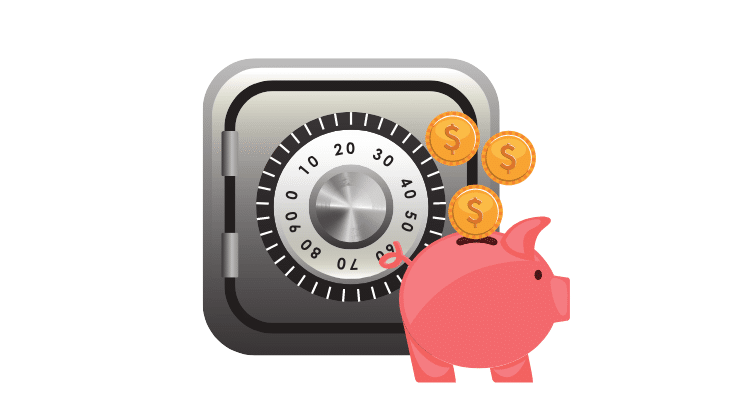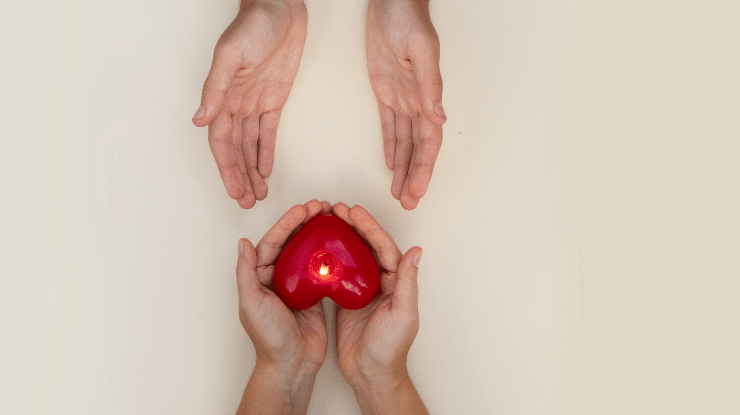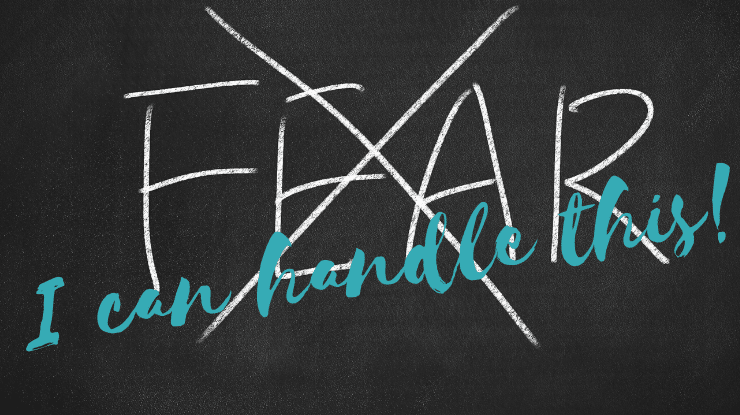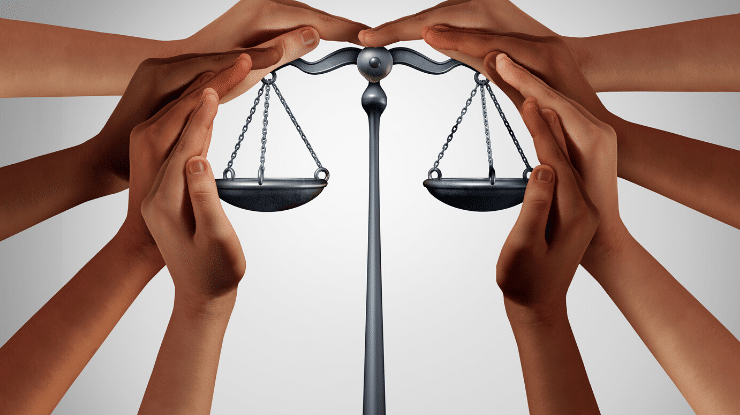In work, as in life, there are only 2 games you can play. One is To Win. The other is Not To Lose.
Which one are you playing? (Be honest, now!)
In order Not to Lose, you must focus on playing it safe. That means looking good, staying comfortable, avoiding anything that could possibly be scary, awkward, embarrassing or (gasp!) lead to failure.
To Win, you must play full out. That means once you start, you just keep going as far as you can with all that you’ve got. And when you fall down, you get back up and keep going.
Problem is, it can be tough to tell which game you’re playing. There are times when I swear I’m giving my all, but later it hits me. I was fooling myself by holding back (even just a tiny bit means I’m playing it safe).
I devised the following list to help assess if you’re really playing to win. 5 Signs I’m Playing Full Out (check what applies to you).











